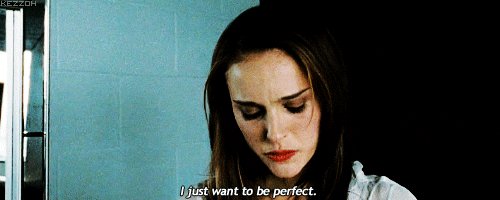In modern media, a common theme is the distinction (or lack thereof), of reality and imagination; the revealing of which usually is the basis for many "twist endings". Atonement's twist, in which Cecilia and Robbie are reunited, is revealed to be a fantasy to fulfill Briony's desire to amend for her childish mistake resulting in Robbie's stint in jail, and the lovers never reuniting.
Black Swan
In search of perfection, the main character psychologically torments herself with her paranoia that has grown from her own fears and insecurities.

The difference between reality, dreams and nightmares is not evident through most of the movie and there are many subtle hints throughout the movie that foreshadow her descent into lunacy, and that things may not be as they appear.

Big Fish
In this movie the protagonist is known to be an exaggerator, and his son has a difficult time believing his stories are true at all. The son realizes at the end that there may be some truth to his father's stories after he dies. In both Atonement and Big Fish the main character fabricates to entertain and to try to fix mistakes they may have made in real life.
The Matrix

No comments:
Post a Comment